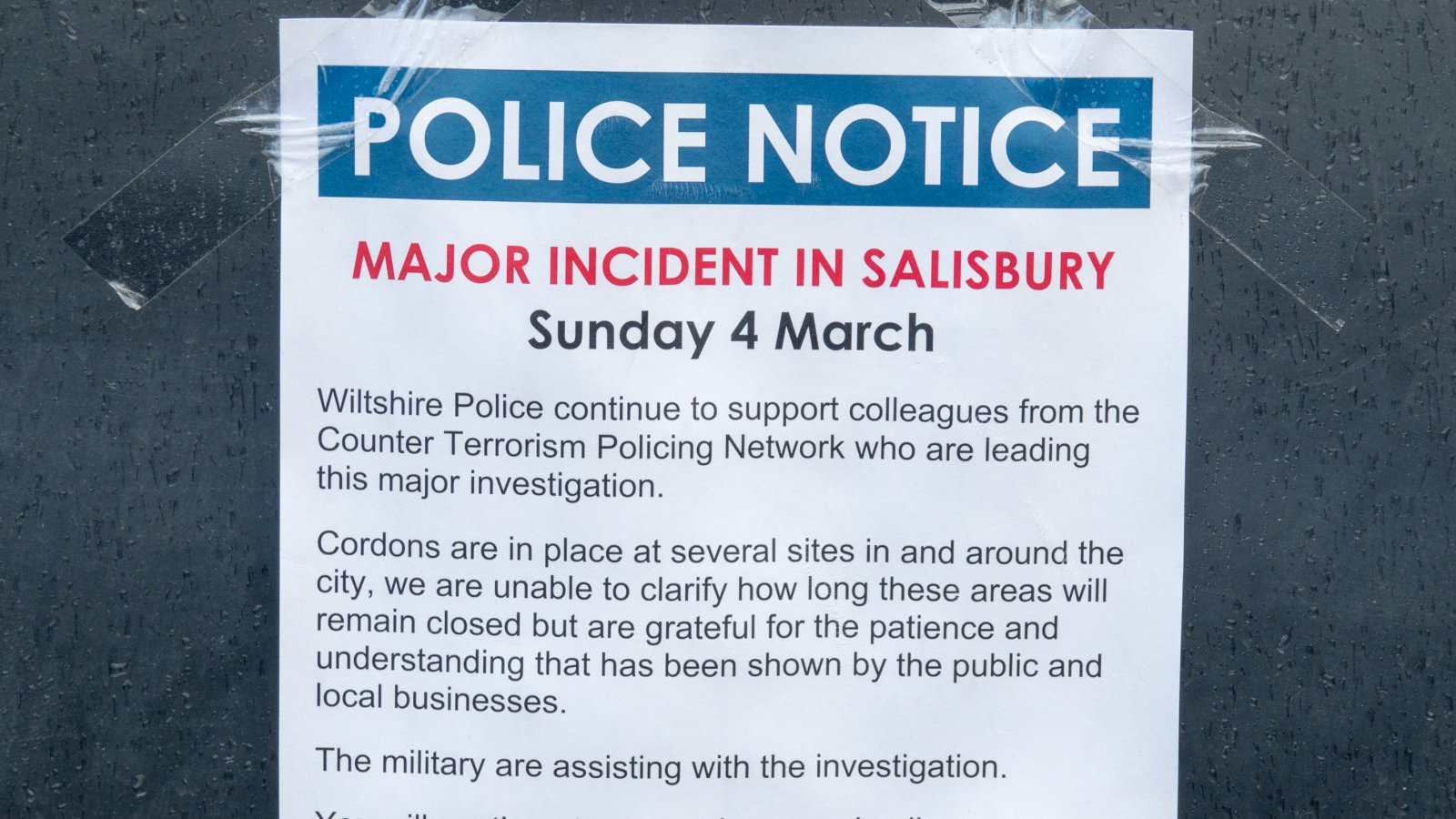
The New York Times reports that former Russian spy Sergei Skripal – who was found poisoned alongside his daughter on a park bench in Salisbury, England on March 4 – was not completely divorced from his previous occupation. Skripal used his experience in espionage to advise nations on Russia's spycraft, which may have kept him in Russia's crosshairs.
[I]n the years before the poisoning, Mr. Skripal, a veteran of Russia’s military intelligence agency, the G.R.U., apparently traveled widely, offering briefings on Russia to foreign intelligence operatives, according to European officials, who spoke only on the condition of anonymity. The meetings were almost certainly approved and possibly facilitated by the British authorities as a way to both educate their allies and provide Mr. Skripal with income.
He met with Czech intelligence officials on several occasions and visited Estonia in 2016 to meet with local spies. Such visits were neither illegal nor unusual for defectors. But they meant that Mr. Skripal was meeting with intelligence officers working to thwart Russian operations in Europe, opening the possibility that his poisoning was a narrower act of retribution.
There is no way to know for certain whether Mr. Skripal’s travels made him a target, or even if the Russian government knew about them. The trips were kept secret, known only to a select few intelligence agents. Not a single official from the spy services in the Czech Republic or Estonia would discuss the details publicly.
Asked whether Mr. Skripal had met in recent years with intelligence agents in Spain, where he had once worked as a double agent, a spokesman for the country’s foreign intelligence service, CNI, said the question “is a red line we cannot cross.”
(...)
Russia’s relations with Estonia and the Czech Republic, two former Communist Bloc countries, are freighted with the legacy of the Cold War. Estonia in particular moved aggressively to assert its independence after breaking with the Soviet Union in 1991, often provoking Russian ire. Ferreting out Russian spies is a source of national pride.
The Times explains that even as Skripal settled into retirement, the Russian government continued to target him.
In 2013, the G.R.U. hacked into his daughter’s email accounts, according to the British government. And in 2014, his case was profiled in a Russian documentary series about the lives of Russian traitors called “The Price of Military Secrets” that was financed by the Moscow government.
The Kremlin would probably not consider sharing outdated information with foreign intelligence services to be much of a threat, said Mr. Sipher, the retired C.I.A. officer. But it would be a different matter if Mr. Skripal was being used for other purposes, like recruiting new Russian agents.
“If he was pitching other Russians, that would put him higher on the list,” Mr. Sipher said. “Or if he got too close to something that was really sensitive to the Russians.”
Full story: Sergei Skripal Was Retired, but Still in the Spy Game. Is That Why He Was Poisoned? (NYT)